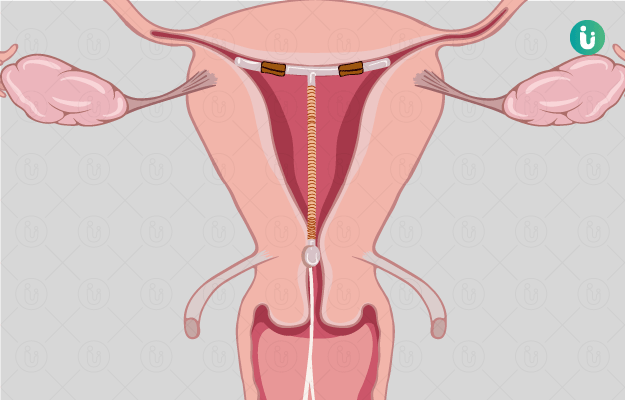During pregnancy, many women have this question in their mind about how much weight should be there during pregnancy. It is normal to gain weight with the growth of the baby during pregnancy, but it is important to know how much weight should be there because during this time, more or less weight than required can also cause complications. After delivery, the weight automatically decreases and after some time the weight of women becomes the same as before. After becoming pregnant, the weight of women increases by an average of 12 kg (8-16 kg). If the woman who is pregnant is not obese before pregnancy, then there is no need to worry about it and neither should the calorie intake be reduced.
(Read more - 7 months pregnant: baby weight in kg)
































